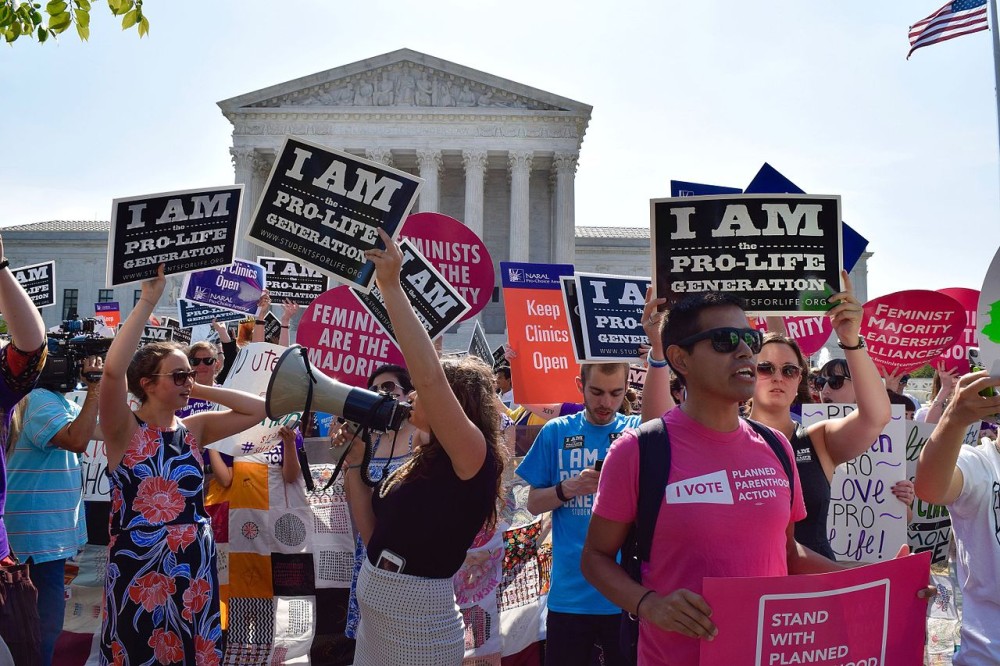Asking better questions about abortion
"Should it be legal?" has not been serving us well.

In my freshman year of college, I started volunteering at Planned Parenthood. Every Saturday morning, I crossed picket lines to work with the women in the abortion clinic’s recovery room. There were six recliners in a semicircle around the table where I sat, arranging crackers, juice, and pamphlets that described various forms of family planning. My job was to make sure no one left without contraception. We half-joked about never wanting to see them again.
Women choose abortion for a multitude of reasons, but a sense of desperation is almost always present among them. As I listened to their descriptions of the forces that shaped their decisions, making the abortion seem right or even inevitable, I could see the way those same forces shaped my own life. Money, love, safety, shelter, health: one has either enough of them or nowhere near enough to thrive. The women’s stories made visible the things that were going right in my life—the things I relied upon in order to make my way. Their tales were cautionary ones too: their stories could be my stories.
After I finished law school, I went to work at Loyola, a Catholic university in Chicago. It was there that I first came to know at more than a superficial level people who spoke openly of their deep moral opposition to abortion. It was the 1990s, and the media were consumed with stories about pregnant women who used illegal drugs. Fear of a generation of crack babies animated the public imagination. The reports mostly evoked images of black women, who were portrayed as slutty and irresponsible, busy chasing their high rather than getting clean for the sake of their unborn child. The solution, some thought, was to prosecute these women for child abuse.




